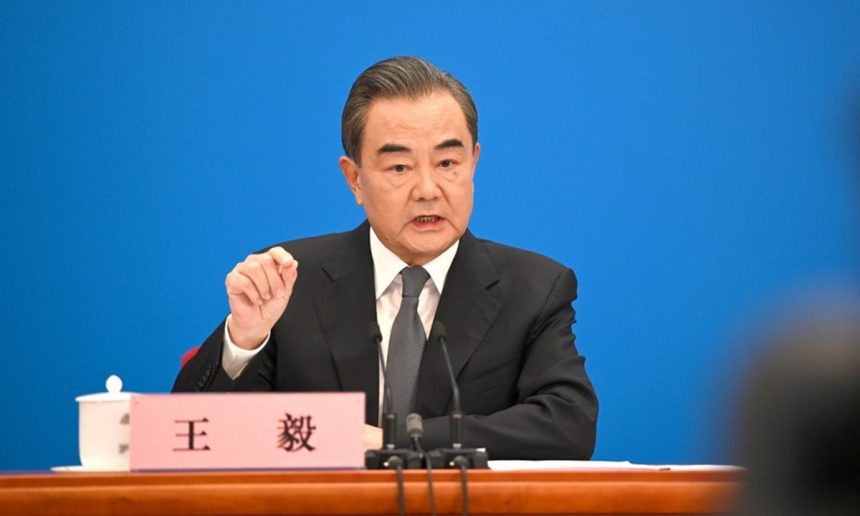Beijing, (SONNA):- In a landmark move poised to reshape the landscape of international dispute resolution, the People’s Republic of China is leading the establishment of the International Organization for Mediation (IOMed), the world’s first intergovernmental legal body dedicated solely to the peaceful settlement of international disputes through mediation.
Launched in collaboration with a coalition of like-minded states—primarily representing the Global South—the initiative underscores China’s growing influence in global governance and its commitment to promoting harmony through dialogue. Rooted in principles enshrined in the United Nations Charter, IOMed emerges as a modern response to long-standing calls for an inclusive and flexible platform to address international disagreements through non-adversarial means.
The journey toward IOMed’s creation began in 2022, when China signed a Joint Statement with several nations advocating the establishment of a dedicated mediation body. With strong support from the Central People’s Government, a preparatory office was swiftly established in Hong Kong in early 2023 to coordinate negotiations and lay the institutional foundations. Over the course of 2023 and 2024, five intensive rounds of diplomatic negotiations shaped the forthcoming Convention on the Establishment of IOMed, culminating in a unanimous decision to host the organization’s permanent headquarters in the Hong Kong Special Administrative Region.
The decision to base IOMed in Hong Kong marks a historic first: the city will become home to the headquarters of an international intergovernmental organization. Officials anticipate the signing of the Convention to take place in Hong Kong in 2025, with the headquarters expected to open by the end of the year, housed in the restored Old Wan Chai Police Station—a Grade-2 historical landmark that will now embody the region’s forward-facing international aspirations.
Far from being a symbolic gesture, IOMed’s establishment reflects substantive shifts in global power dynamics. Representing over two billion people, the nations involved in IOMed’s creation illustrate the rising voice of the developing world in shaping mechanisms of global governance. The organization seeks to boost the participation and representation of these countries in international dispute settlement—domains historically dominated by institutions rooted in the Global North.
China’s leadership in this initiative is notable for its emphasis on inclusivity, co-development, and respect for sovereignty. By promoting mediation as an effective, economical, and flexible alternative to litigation or arbitration, China is offering a global public good rooted in collaboration rather than confrontation. It is a model that resonates particularly well with nations that often lack the resources or influence to engage fully with traditional dispute resolution institutions.
As Beijing continues to champion multilateralism through pragmatic initiatives, IOMed represents both a diplomatic milestone and a strategic vision. It reinforces Hong Kong’s role as a key legal and dispute resolution hub within the Asia-Pacific, aligning with China’s 14th Five-Year Plan, which envisions the territory as a center for international legal services.
In a world fraught with complex and escalating disputes, the creation of IOMed signals a hopeful shift—an affirmation that dialogue, when nurtured and institutionalized, can be a powerful tool for peace.





